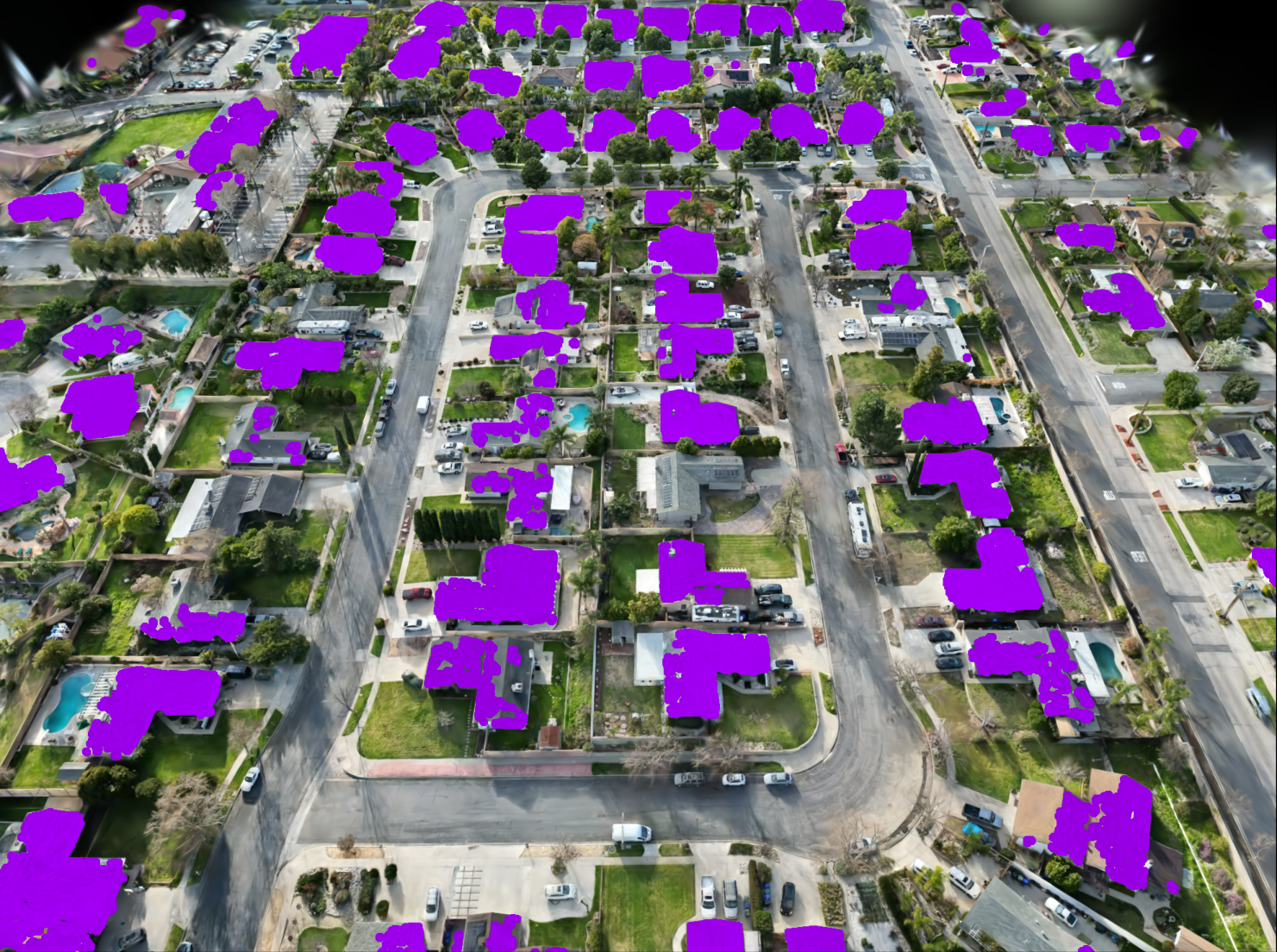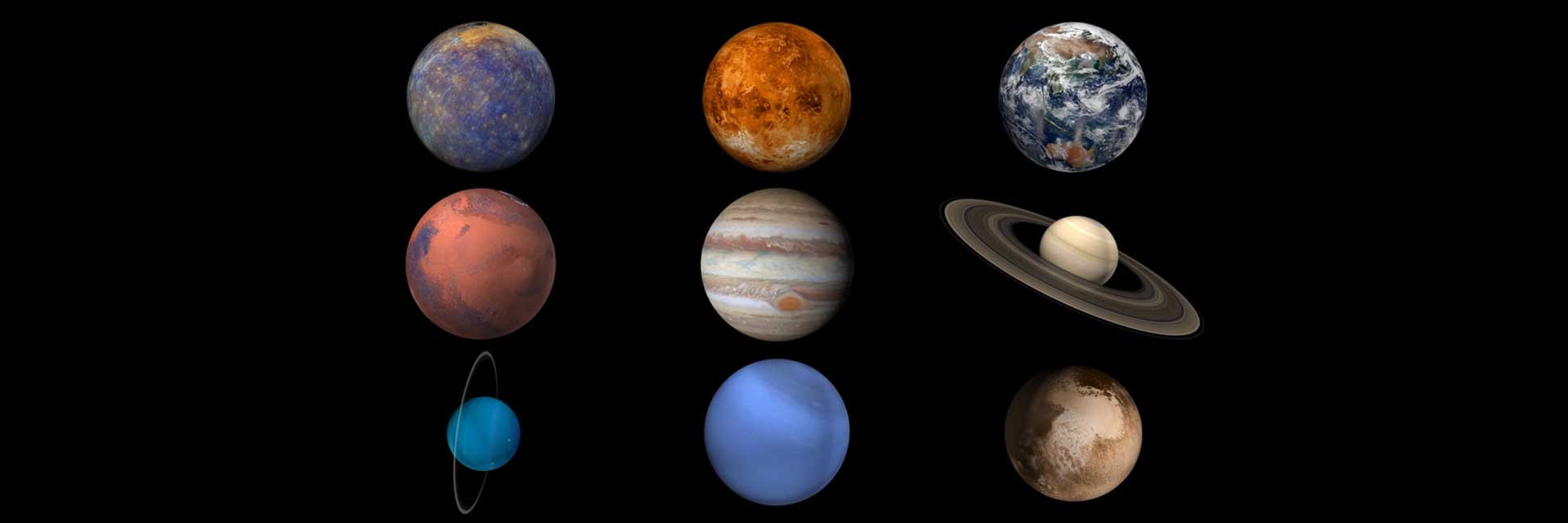Now Reading: Prehistoric Species Helps Stabilize NASA’s Kennedy Space Center Ecosystem
-
01
Prehistoric Species Helps Stabilize NASA’s Kennedy Space Center Ecosystem
Prehistoric Species Helps Stabilize NASA’s Kennedy Space Center Ecosystem

Rapid Summary
- Horseshoe crabs, considered “living fossils,” have existed for over 450 million years and play a crucial ecological role in coastal and estuarine ecosystems.
- NASA Kennedy Space Center in Florida hosts the American horseshoe crab (Limulus polyphemus) among over 1,500 species on its biologically diverse 144,000-acre site.
- These crabs serve as indicators of ecological health by influencing ecosystem structure and providing food for migratory birds and other wildlife. Changes in their population can signal pollution or habitat loss.
- Biologists at NASA Kennedy regularly monitor horseshoe crabs by tagging them to study migration patterns, spawning activity, habitat conditions, and population trends.
- Horseshoe crab blood is vital to biomedical safety due to Limulus amebocyte Lysate, which detects bacterial contamination in medical tools, pharmaceuticals, and vaccines.
- Environmental protection efforts at NASA Kennedy include shoreline restoration projects and minimizing human impacts on nesting sites.
- These initiatives enable coexistence between space exploration activities and nature conservation efforts.
Link: Read More
Indian Opinion Analysis
Efforts at NASA Kennedy Space Center to balance robust space exploration with environmental stewardship underscore the role of ecological preservation alongside technological advancement-an approach India can take cues from given its enterprising goals in both science research (e.g., ISRO missions) and biodiversity conservation programs like Project Dolphin or Mangrove Reforestation.
the use of horseshoe crab blood for bacterial detection highlights how natural resources remain indispensable despite scientific progress; this resonates with IndiaS reliance on medicinal plants while advancing biopharmaceutical innovation. Furthermore,ongoing monitoring practices illustrate the potential benefits of systematic data collection-a methodology critical for assessing ecosystem health locally across India’s vast coastline.
India must explore similar frameworks where advancement supports environmental sustainability without sacrificing either side’s imperatives-a lesson reinforced here thru adaptation strategies like habitat restoration coexisting alongside critical technologies that shape humanity’s future ventures into space.

























